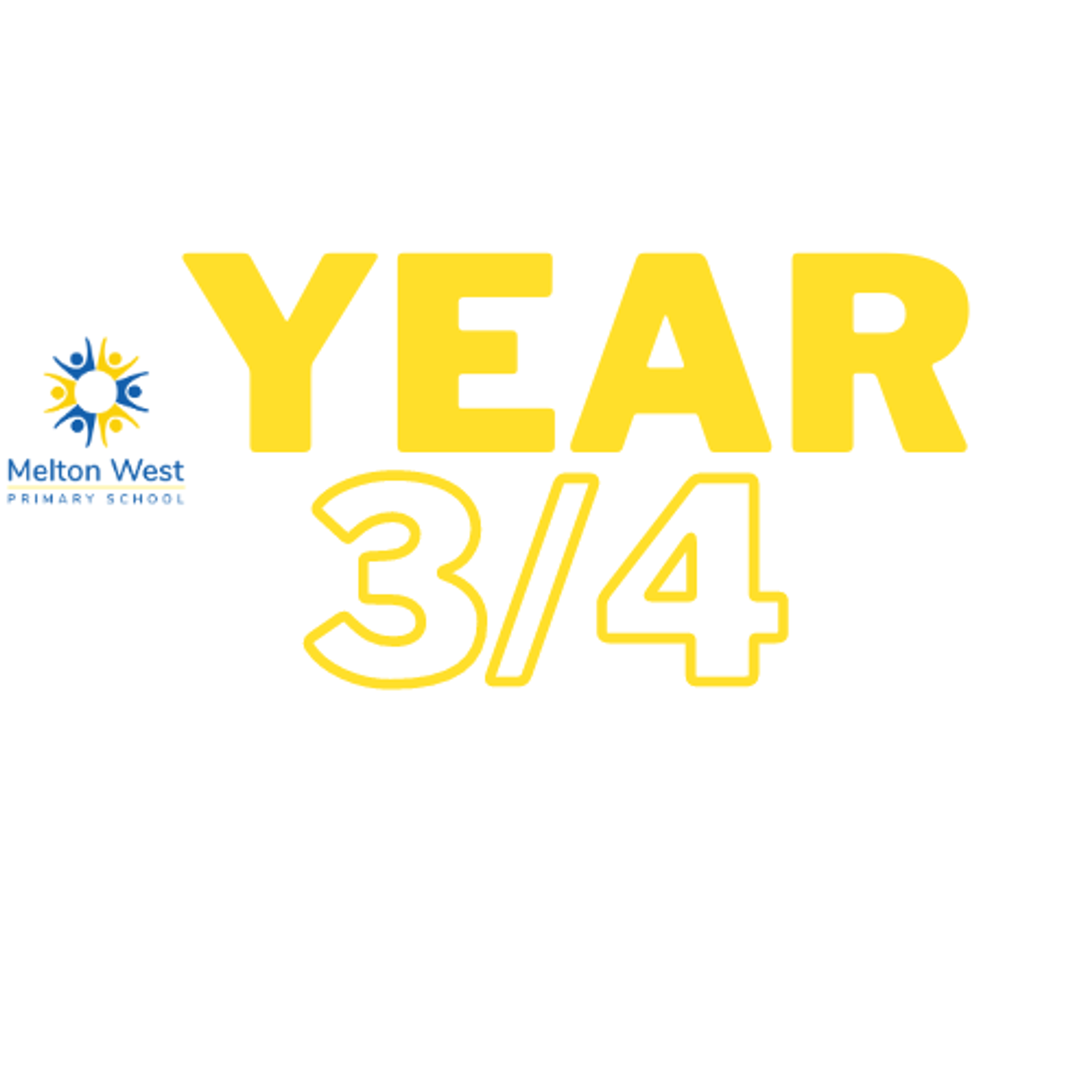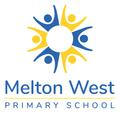Year 3/4 News

Reading
This term in Reading, the students will be conducting an author study on the author Margaret Wild. Through this study they will be developing their skills in analysing and critiquing texts. They will be examining how camera angles, language, images, settings and character development engage the reader. Students will share and discuss their own and others’ understanding of the effects of particular literary techniques on their appreciation of texts.
Writing
In Term 4, students will be working on writing narrative stories. They will investigate the elements of narrative stories such as characters, settings, problems and solutions. Different types of narrative stories such as horror, fantasy and adventure will be expired and students will have the opportunity to develop and draft a variety of stories.
3/4 students will also look at the genre of persuasive writing. They will develop skills in identifying point of view and adopting their own on a topic. They will then practise developing arguments for a point of view and explaining their reasons for their opinions.
Mathematics
Our major unit in Mathematics continues to be Multiplication and Division. Students will recognise the connection between addition and subtraction, and solve problems using efficient strategies for multiplication and investigate how friendly numbers and fact families such as 2, 5 and 10 can help solve problems. They practise solving division sums by sharing equally and use strategies such as drawing diagrams to show solutions.
As part of Measurement and Geometry, students are learning about Shape- describing features of 3D objects and making models of shapes such a pyramids and prisms. They will recognise that 2D shapes form the faces of 3D objects. Students will also be locating 3D shapes in their environment.
Laster this term students will be learning about fractions, capacity and chance and probability.
Inquiry
This term's Inquiry unit is called ‘Oh The Places We Could Go’ The key understanding of the Inquiry is the geographical features of different countries and continents such a climate, rivers, cities, flora and fauna and how they are connected to the way people live in these environments. They will be investigating this key understanding guided by the following 2 key questions:
How and why are places similar and different?
What would it be like to live in a neighbouring country?
Science
In Science, the Term 4 unit is called ‘Material World’. This Chemical Sciences unit investigates natural and processed materials. Demonstrations and experimental procedures are explored with particular attention given to the scientific method.
The objectives for the unit are:
- To examine and understand the differences between natural and processed materials and their uses
- To investigate the use of natural materials by humans throughout history.
- To investigate the ways in which humans produce and use processed materials.
- To compare the properties of natural and processed materials through a demonstration.
- To understand how to develop scientific lines of questioning to initiate a scientific investigation.
- To understand how to develop an effective hypothesis for scientific investigations.
- To investigate materials and their absorptive properties through a scientific investigation.
- To learn how to build solid scientific conclusions for experiments.
- To introduce a research task for the students to undertake about a material of their choosing.
Art
Welcome to Term 4 Art, this term the grade 3/4 students will further their exploration of various art forms, focusing on manual and mental creativity. They will delve into mosaic, origami, macrame, and other art forms, combining their prior knowledge and innovation to design unique picture frames. This term, students will dedicate time to creating keepsakes to commemorate their final term of the 2024 school year.
P.E
In Term 4 our students in grade 3/4 will be looking at the sports of badminton and hockey. They will try to continue developing their game sense when participating in these games. The games-based approach to Physical Education learning will be evident again this term as students will have ample opportunity to play and engage in modified and real games of each sport. Through this learning, students will also continue to work on their fundamental movement skills and will develop the process of translating skills into gameplay. Teaching the grade 3/4’s has been a pleasure to teach this year and I am so excited to finish the year off on a high and with some amazing learning in Physical Education.
Auslan/LOTE
Welcome to Grade 3/4 Auslan, Term 4. The focus this term will be on the following topics:
People, Sports, Mealtimes, Time, Occupations, Seasons, Handshapes #2, Storytelling
and Celebrations. In the final lesson we will see interviews with Deaf people discussing their
deafness, family, early life (Deaf Culture) etc and we will also revisit games and lessons
that the students will enjoy through the term. Other core elements of Auslan, such as Constructed Action (mime) and Depicting Signs(representing people, animals and vehicles), Handshapes, Fingerspelling and Facial Expression, will be taught and modelled, showing how they are essential parts of Auslan communication.
This final term for the year will build on previous skills and extend student communication
in Auslan. Learning a language requires immersion, repetition, sequential learning
where topics build on each other to expand the learner’s knowledge, confidence, and
comfort with the new language. With Primary School students, fun activities practising new learning is a priority, as students engage with the Auslan language.
On the 26th of November, students will participate and engage in a check in visit and will be given an opportunity for each class to meet and interact with a Deaf person. The team attending on the day will be an Australian Education Services Team Leader, Deaf team member, and an Interpreter. The Deaf team member will begin by presenting to the children about their life as a Deaf person, followed by signing with the students, and some question time. This will provide students with a first-hand interaction with a Deaf person and give them a look at Deaf culture. Sessions on the day will run for 30 minutes. It will also be a good opportunity to provide support for students and staff.
